Bangladesh’s political divides echo in New York election
An American human rights advocate claims Jamaat-e-Islami sent Islamist Bangladeshis to New York to influence the election.
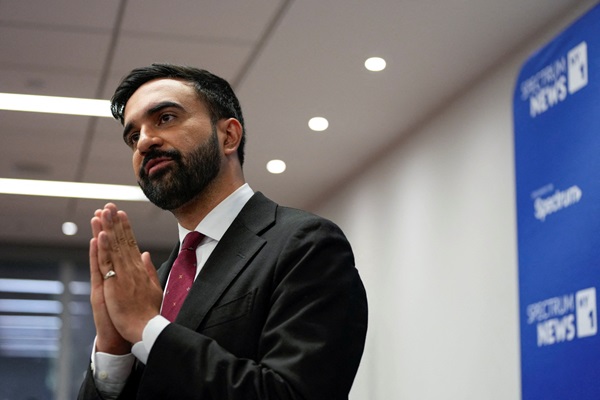 Zohran Mamdani talks to people after the New York City Democratic Mayoral Primary Debate at the John Jay College of Criminal Justice in the Gerald W. Lynch Theater in New York City., U.S., June 12, 2025. / Vincent Alban/Pool via REUTERS/File Photo
Zohran Mamdani talks to people after the New York City Democratic Mayoral Primary Debate at the John Jay College of Criminal Justice in the Gerald W. Lynch Theater in New York City., U.S., June 12, 2025. / Vincent Alban/Pool via REUTERS/File Photo
The 2025 New York mayoral elections, held on Nov. 4, have concluded with Zohran Mamdani securing victory, marking a defining moment in the city’s political landscape—especially within the Bangladeshi-American diaspora, now numbering more than 250,000 across Queens, the Bronx, and Long Island.
Analysts and community observers note that for the first time, ideological divides rooted in Bangladesh’s domestic politics have surfaced in U.S. local elections. Religious networks, expatriate organizations and political advocacy groups have reportedly mobilized to support Zohran Mamdani who they allege mirrors Dhaka’s Islamist’s ideological currents.
Reportedly, Jamaat-e-Islami has sent hundreds of Islamist Bangladeshis to New York to influence the Nov 4 election in favor of Mamdani, according to Dr Richard Benkin, an American human-rights advocate and South-Asia expert.
According to a New York Post analysis (Nov.3, 2025), the grassroots group DRUM Beats claimed to have mobilized more than 150,000 South Asian & Indo-Caribbean voters in New York’s Queens and Bronx neighborhoods during the 2025 election cycle, with Bangladeshi turnout rising by 13 percent over 2021 levels.
Additionally, a protest by the Bangladeshi diaspora outside the United Nations in New York on 27 Sept. 27, 2025 denounced Bangladesh’s interim government and highlighted the community’s activism abroad.
The developments have drawn attention from policy researchers who warn that the ideological export of Bangladesh’s Islamist resurgence is no longer confined to South Asia—it is shaping diaspora activism abroad.
Given reports that secular institutions are eroding while Islamist movements and clerical alliances expand their footprint across society, Dr Benkinwarned that this ideological wave “is not just changing Bangladesh’s politics—it’s exporting it.”
“They’ve learned to operate in suits instead of uniforms,” Dr Benkin said, adding, “What used to be militant has now become strategic—embedding itself in NGOs, social movements, and global lobbying platforms.”
Researchers in U.S. policy circles have observed a pattern of coordinated online activism by Bangladeshi-linked ideological accounts around election periods. They warn that diaspora politics can unintentionally carry the same polarization that destabilizes Dhaka.
Researchers note that the Bangladeshi-American community is now estimated at about 500,000 nationwide, many concentrated in the New York metropolitan area, where community organizations have stepped up civic and political activity. (Akhter et al., 2023)
While most Bangladeshi-Americans participate constructively in civic life, experts highlight that even a small fraction of radicalized activism can distort local narratives. For Washington, that raises questions about the transnational flow of ideology and its impact on democratic discourse.
“When rhetoric crafted in Dhaka begins to echo in New York, that’s coordination, not coincidence,” Dr Benkin said.
For India, the implications are immediate. Intelligence reports describe rising extremist chatter along the border, and Indian analysts warn that a destabilized Bangladesh opens corridors for illegal migration, trafficking, and radical influence.
Bangladesh’s chaos, the diaspora’s divided loyalties, and the ideological battles seeping into Western democracies all reveal one uncomfortable truth: the world is facing a new kind of conflict.
(The author is an India-based journalist and international affairs commentator covering global geopolitics and security issues. His experience spans media, technology, and non-profit work focused on conflict, diplomacy, and transnational politics.)
(The views and opinions expressed in this article are those of the author and do not necessarily reflect the official policy or position of New India Abroad.)
ADVERTISEMENT
ADVERTISEMENT
E Paper
Video



 Hriday Raval
Hriday Raval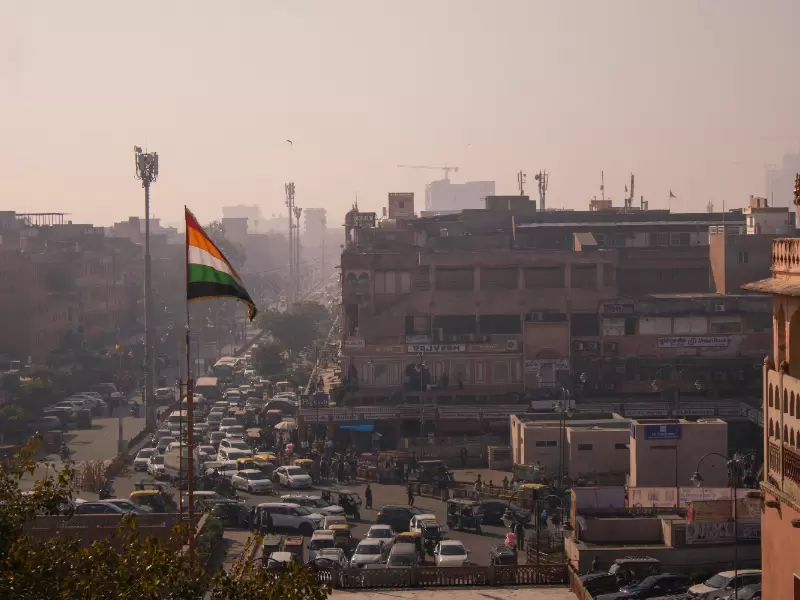
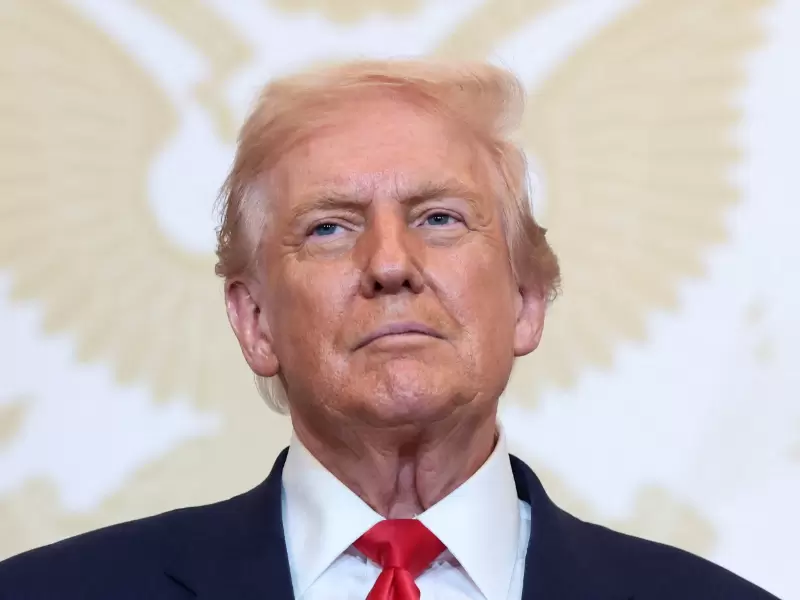

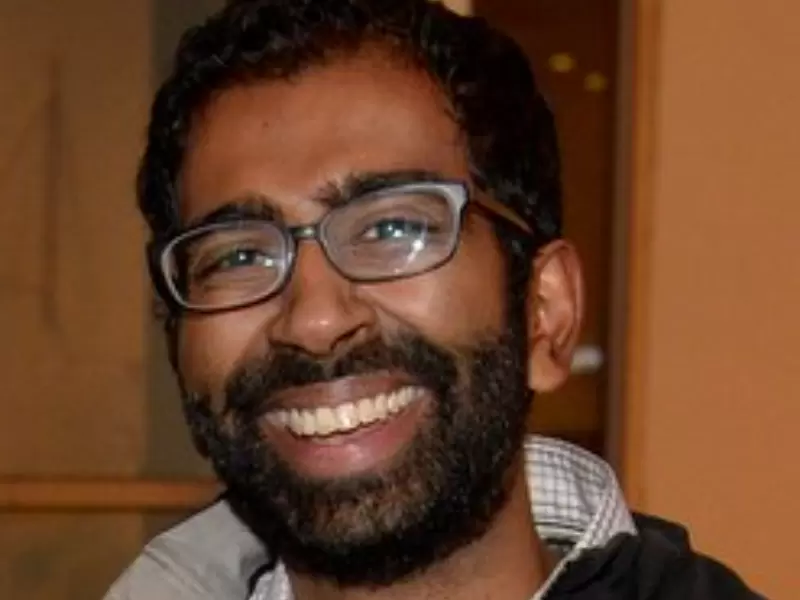

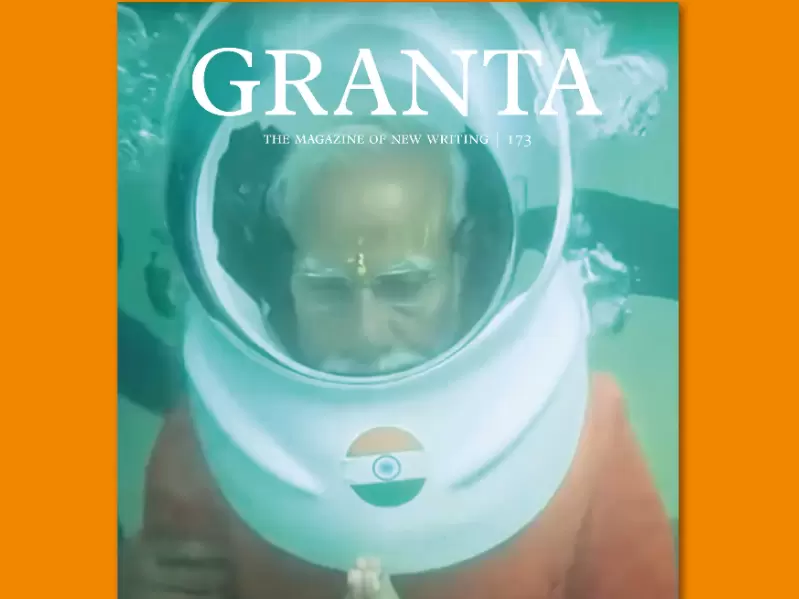
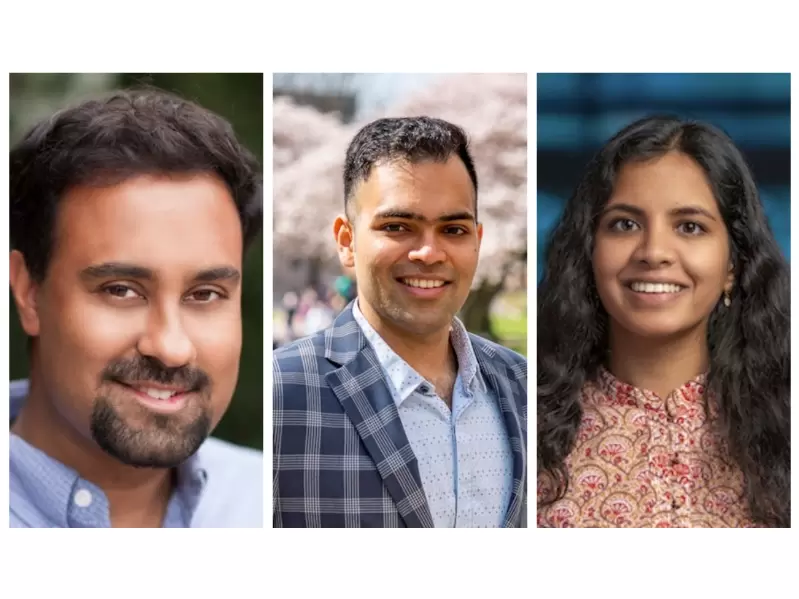
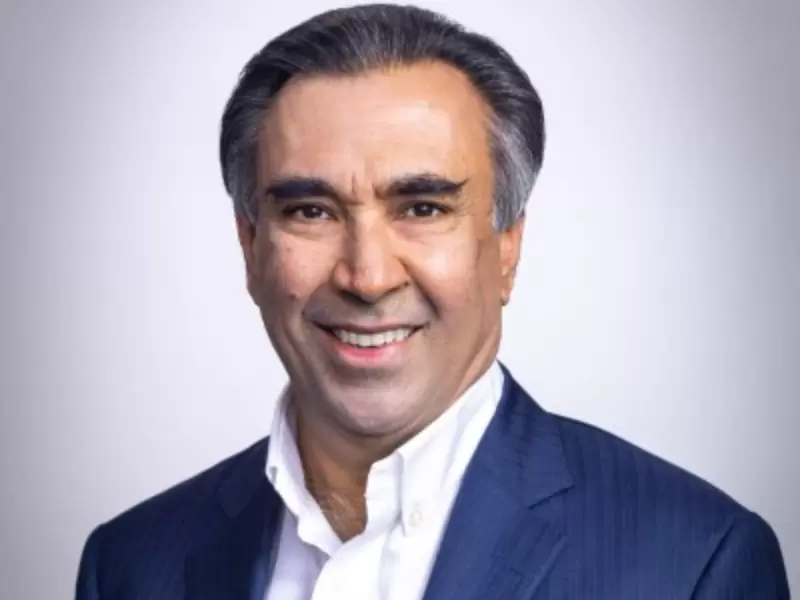

.JPG)
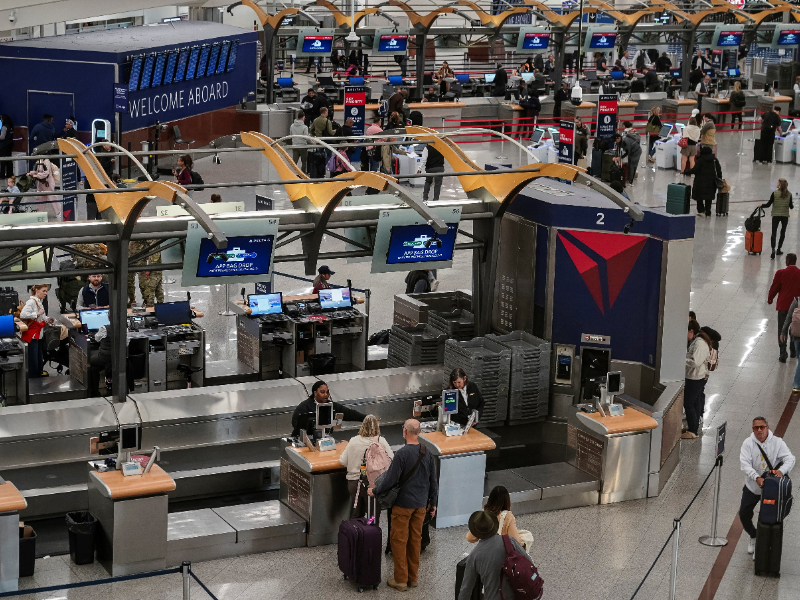

Comments
Start the conversation
Become a member of New India Abroad to start commenting.
Sign Up Now
Already have an account? Login